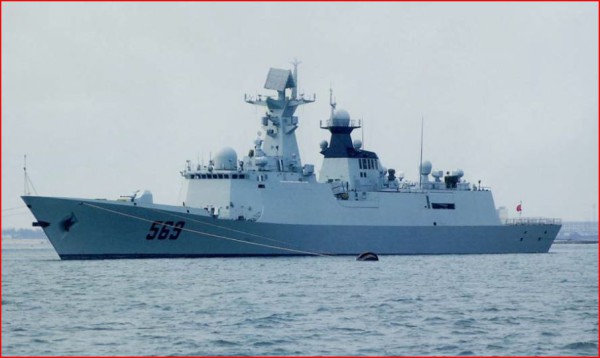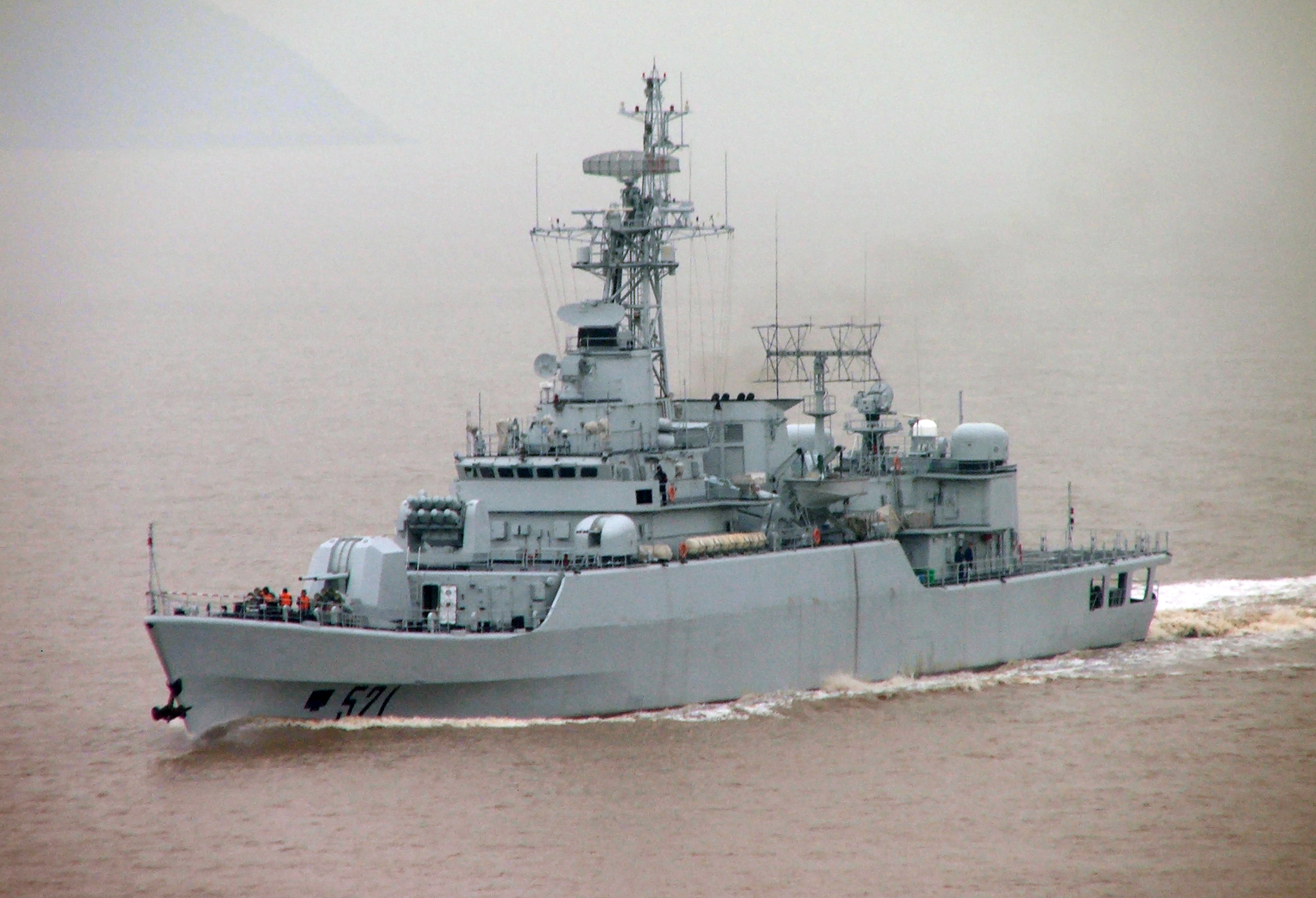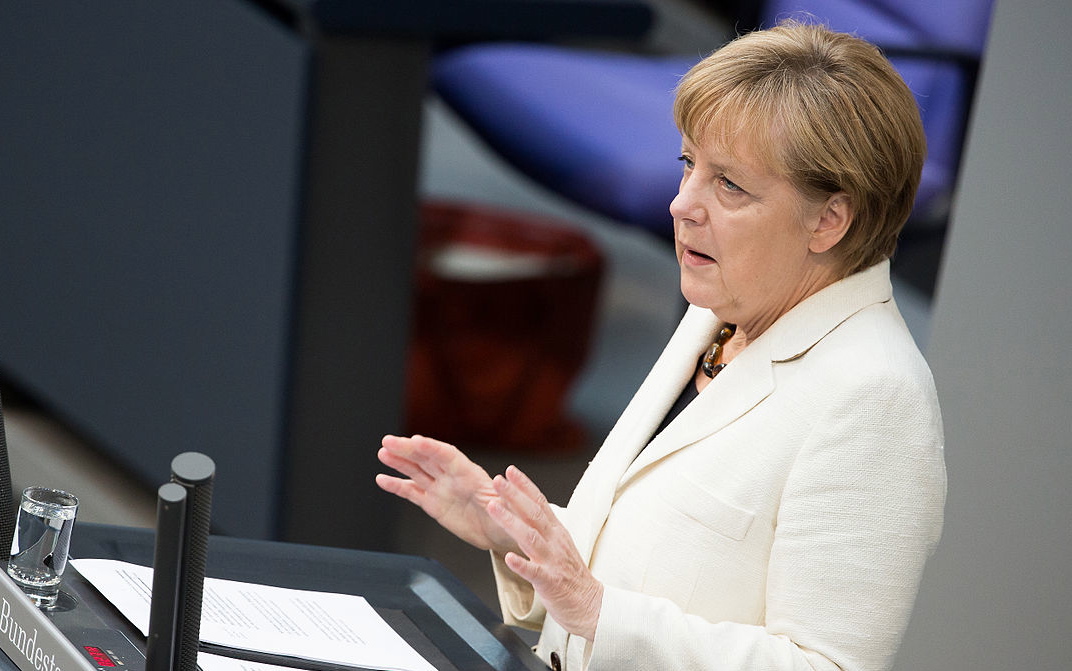The threat to international shipping presented by Somali pirates has afforded NATO many opportunities to expand the Alliance’s partnerships with numerous other international actors. Vessels from the Ukrainian Navy have actively participated in Operation Ocean Shield, NATO’s response to piracy in the Gulf of Aden. The first interdiction of a Somali pirate skiff in 2014 was achieved in cooperation with Japanese maritime forces. China has also been maintaining a significant maritime presence in the Gulf of Aden for the stated purpose of combating piracy. But has NATO been exploring the full potential of this opportunity to forge a naval partnership with China?
Thus far, it seems NATO has largely ceded the initiative to the European Union. In late March 2014, joint counter-piracy exercises were conducted in the Gulf of Aden, involving two German vessels serving with the EU force and two Chinese vessels. These exercises were carried out after a delegation from the People’s Liberation Army Navy (PLAN) visited the flagship of the EU Naval Force. Both sides touted the exercises as a sign of the deepening security and defence ties between the EU and China, which came ahead of a three-day visit by Xi Jinping to Brussels, the first time a Chinese leader has toured the EU institutions.

By comparison, there are only tenuous defence links between NATO and China. Officials from both parties have expressed vague aspirations for mutual security cooperation but no institutional contacts exist. This undermines to some extent the effectiveness of international bodies like the United Nations Security Council (UNSC); NATO has enjoyed institutional contacts with all the permanent members of the UNSC save for China and notwithstanding the recent suspension of practical and military cooperation between NATO and the Russian Federation. The lack of even NATO-China joint counter-piracy exercises in the Gulf of Aden, such as those carried out between the EU and China last month, is troubling.
This hesitance to engage with China, especially the PLAN presence in the Gulf of Aden, may in part be due to India’s suspicion toward Chinese intentions and the importance placed by NATO officials on exploring an Indian partnership. Indian defence officials have consistently expressed concern that the deployment of PLAN vessels to the Gulf of Aden is an attempt by China to exert its influence in the Indian Ocean region, once the exclusive domain of Indian maritime power. According to this perspective, combatting piracy is merely a pretense; the true agenda is to infiltrate India’s strategic backyard.
While addressing India’s concerns is certainly vital, the objectives of Operation Ocean Shield will be undermined if the status quo prevails in NATO-China relations. An end to the threat of Somali piracy requires stability in east Africa. The EU is already playing a role through initiatives like EU Training Mission Somalia, intended to train and develop an effective Somali military and coast guard, China has taken the lead elsewhere in the region. For example, China has embarked on a project to rapidly develop the military capabilities of Djibouti. The maritime force of this small Francophone neighbour to Somalia is currently quite limited, consisting only of a few in-shore patrol boats. The Chinese project envisions equipping Djibouti with off-shore patrol vessels and surveillance aircraft, making the country an important player in future regional counter-piracy efforts. China’s many other contributions to east Africa, including support to the African Union and to the regional Intergovernmental Authority on Development, makes Chinese cooperation integral to the success of Operation Ocean Shield.
If Jens Stoltenberg, who is set to begin duties as NATO Secretary General in October 2014, neglects the relationship with China, it may be difficult to preserve the relevance of the Alliance in future. The future of NATO may well depend on how well Stoltenberg can prevent the EU from outmaneuvering the Alliance both in eastern Africa and on China.




